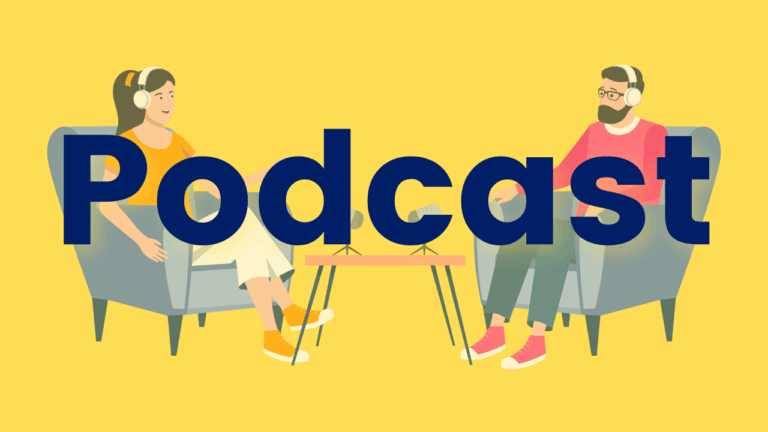Put Reading First is a comprehensive guide to evidence-based reading instruction. Intended for educators and administrators, this guide aims to improve reading outcomes for children in the early grades.Chapter 1 provides an overview of the essential components of effective reading instruction, such as phonemic awareness, phonics, fluency, vocabulary, and comprehension. Chapter 2 focuses on the critical early stages of reading development, emphasizing the importance of explicit instruction in phonological awareness and phonics.Chapter 3 highlights the significance of developing automaticity and prosody in reading to enhance comprehension.Chapter 4 delves into the importance of vocabulary, teaching word meanings and strategies to foster word learning.Chapter 5 explains techniques for enhancing understanding, including active engagement, monitoring, and metacognition.Practical strategies for classroom instruction include using explicit and systematic phonics lessons, providing ample opportunities for guided oral reading, incorporating vocabulary-building activities, and promoting meaningful discussions to enhance comprehension.






